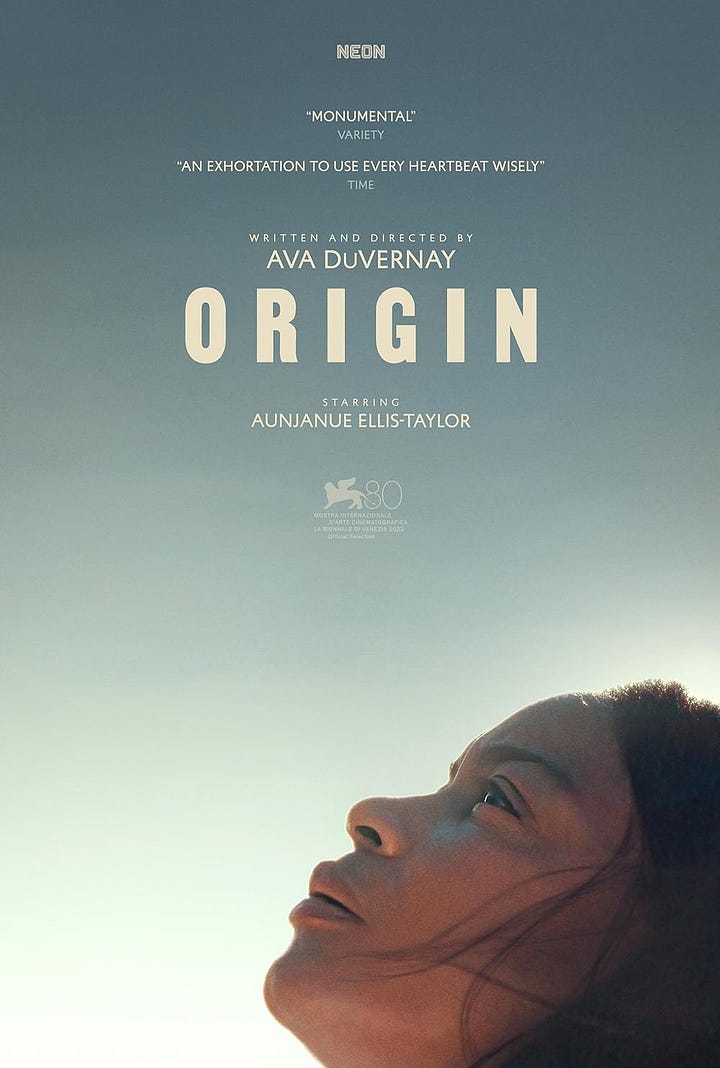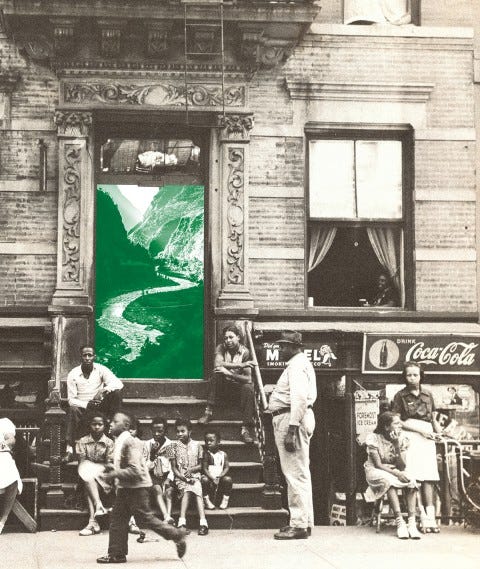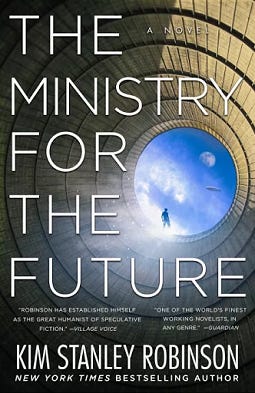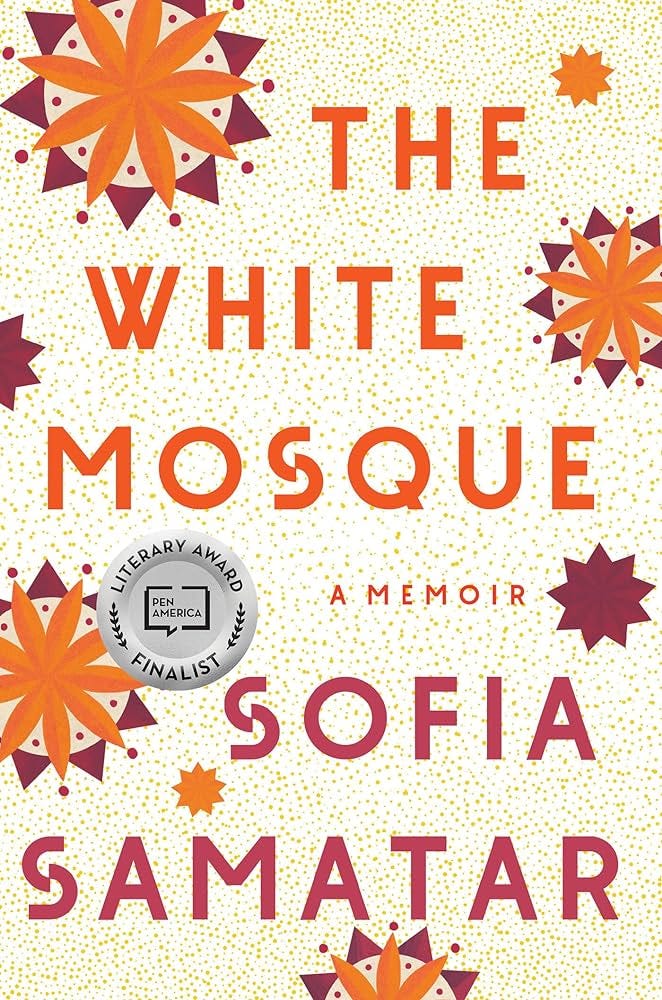



How ‘Killers of the Flower Moon’ Presses Up Against the Limits of Empathy
I loved this article on the limits of empathy through the lens of Killers of the Flower Moon. I’m a long-term empathy-skeptic for many of the reasons outlined by Maggie Blackhawk, law professor at NYU: “other” exposure that builds understanding consistently produces an insufficient politic:
In studying the reign of terror against the Osage and its intimate forms of violence, Mr. Scorsese may have learned for himself that the optimism of Arendt and Levinas was too optimistic. He may have understood that encounter with Native people is rarely enough. His only choice may have been to bring the public closer to reckoning with American colonialism, not through empathy but through shame.
Michael Hardt’s The Subversive Seventies Interview
Millennials Are Killing Capitalism has a two part interview with Michael Hardt on his new book The Subversive Seventies, “a book that attempts to reconstruct the history of revolutionary politics in the 1970’s, to systematically approach political movements of the seventies within a global framework of analysis, and to bring together a wide range of political movements from the decade highlighting the ways movements in different countries resonated with and were inspired by one another.” Great discussions about strategic multiplicity, capitalism within diverse movement struggles, and debates between non-violent and violent struggle.
Books I’m Reading


Sofia Samatar, The White Mosque
“A historical tapestry of border-crossing travelers, students, wanderers, martyrs and invaders, The White Mosque is a memoiristic, prismatic record of a journey through Uzbekistan and the strange shifts, encounters, and accidents that combine to create an identity.” Such beautiful sentences. Gorgeous.
Kim Stanley Robinson’s Ministry for the Future
Science! Fiction! Science-fiction! A terrifying and hopeful imagination for the future of a planet in catastrophe.
What I’ve Been Up To
I had a few Voices columns published in The Christian Century:
Nature is not an escape – grappling with my internalized ecological sublime with the aide of the Harlem Renaissance nature-writers.
Sharing the burden of language disorientation – reflections on my congregation’s movement towards Spanish-inclusion and my spiritual discipline of sharing the task of learning a language.
Shalom Academy 2024 – I spoke about hope and resistance in an election year, and how the problem of polarization is not left and right but the “color line” (per WEB DuBois).
From the Archives
Origin, the Ava DuVernay adaptation of Isabella Wilkerson’s Caste is out so this is a great time to reread the Boston Review critique from Charisse Burden-Stelly:
Caste neither illuminates nor speaks to the origins, exigencies, or urgency of our time. Its celebration in the mainstream media is cause for concern because it reflects the continued priority of elite preferences over the realities, needs, and struggles of ordinary people. It is akin to books such as Robin DiAngelo’s White Fragility: Why It’s So Hard for White People to Talk About Race—books that emphasize white peoples’ emotions and behaviors as the source of inequality, thereby circumventing fundamental issues such as resource allocation, labor exploitation, and economic dispossession. This re-centering of dominant voices and desires comes at the expense of those whose marginalization is, quite literally, a matter of life and death. If, as Wilkerson and DiAngelo suggest, the eradication of exploitation and oppression in the United States is contingent upon the dominant white “caste” demonstrating more empathy, abandoning their privilege, and adopting a better attitude, then the suffering of the overwhelming majority will undoubtedly continue unabated. As Frederick Douglass enjoined in 1857, “who would be free, themselves must strike the blow. . . . If there is no struggle there is no progress.”




